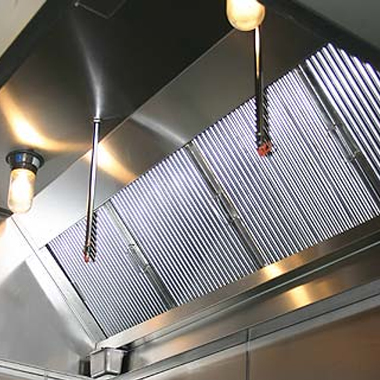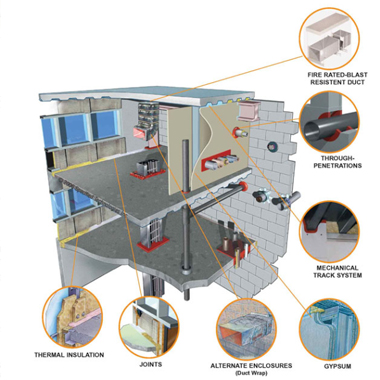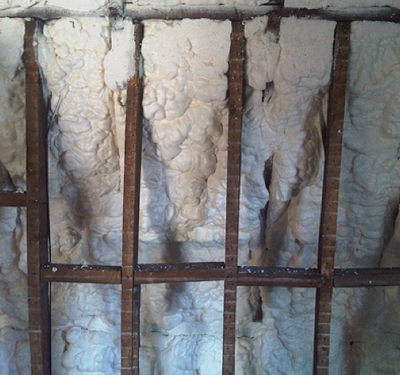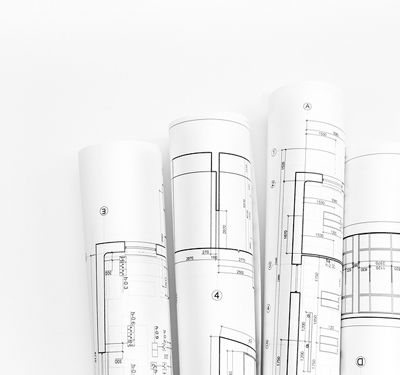
Categories
- All (57)
- Uncategorized (4)
- Sustainability (1)
- Engineering (25)
- Fundamentals (12)
- Services (11)
- Tenant Coordination (3)
- Facility Operations (5)
- Energy Solutions (3)
Tags
- All (57)
- Facility Operations (7)
- LEED (2)
- Lighting (4)
- Water Treatment (2)
- HVAC (3)
- Kitchen (1)
- Odor Control (2)
- Safety (5)
- Energy Audit (1)
- Food Court (1)
- Retail Design (1)
- fire protection (1)
- Restaurant (1)
- National Electric Code (2)
- Plumbing (2)
- Tenant Coordination (15)
- Fire Protection Agency (2)
- Restroom (1)
- Piping (2)
- Electrical Engineering (15)
- Right-Sizing (4)
- Products (1)
- Mechanical Engineering (11)
- Code (1)
- Energy (1)
- Boiler Room (5)
- Vs. (1)
- Commissioning (1)
- Expansion Tanks (1)
- ADA (1)
- Leasing (1)
- Equipment Layout (1)
- Universal Design (1)
- Curb Adapter (1)
- Calculations & Formulas (3)
- Grease (1)
- Rooftop (1)
- Rules of Thumb (1)
- Bid Documents (1)
- Central Plant (2)
- NEC (1)
- Before You Build (1)
- Comfort Issues (1)
- Workplace (1)
- Air Conditioning (4)
- Circuits (1)
Archives

Kitchen Hood Types, Placement, and Use
Posted by Eric Baluch on in Fundamentals
Kitchen hood designs vary depending on the application in which the hood is being used. There are two types of kitchen hoods. TYPES The first type of kitchen hoods is designed to be installed above cooking appliances that produce laden vapors, such as grease or smoke. Type 2 kitchen hoods must be installed above cooking or […]
read more

Where and How to Install Firestopping Products
Posted by Edward Radziszewski on in Engineering, Fundamentals
Firestopping products are required by local building codes, national model codes, and the National Electrical Code (NFPA 70) to be installed in all penetrations of fire rated construction or in smoke barriers. Fire rated construction consists of walls, floors, shafts and listed floor/ceiling assemblies and are located throughout a structure as required by Code and […]
read more

MEP Engineering Considerations for Alterations to Existing Walls, Roofs and Windows
Posted by Joe Weagraff on in Engineering
The two questions most often raised regarding the thermal performance of changes to existing walls, roofs and windows are: We’d like to add insulation to the building, but if we do, does it have to meet code? If a window or storefront is being replaced, can we just match the existing so the look remains […]
read more

Controlling Odors from Restaurant and Food Court Tenants
Posted by Joe Weagraff on in Engineering
Restaurant and Food Court Tenants require specialized odor control methods in addition to general recommendations. The exhaust system design is key. The right amount and location of makeup air is critical to the capture and exhaust of cooking odors. In addition, the tenant’s exhaust hood should extend a minimum of six inches past the edge […]
read more

Why Bid Documents Should Be Required For All Projects
Posted by Joe Weagraff on in Uncategorized
Whether you are replacing a rooftop unit, chiller, tower or fan coils, providing detailed information to the bidding contractors and accurately expressing the scope of work to be done will insure that you obtain apples to apples competitive bids and will reduce the need for bid contingencies. However, if you simply call up the mechanical […]

 Previous STORY
Previous STORY